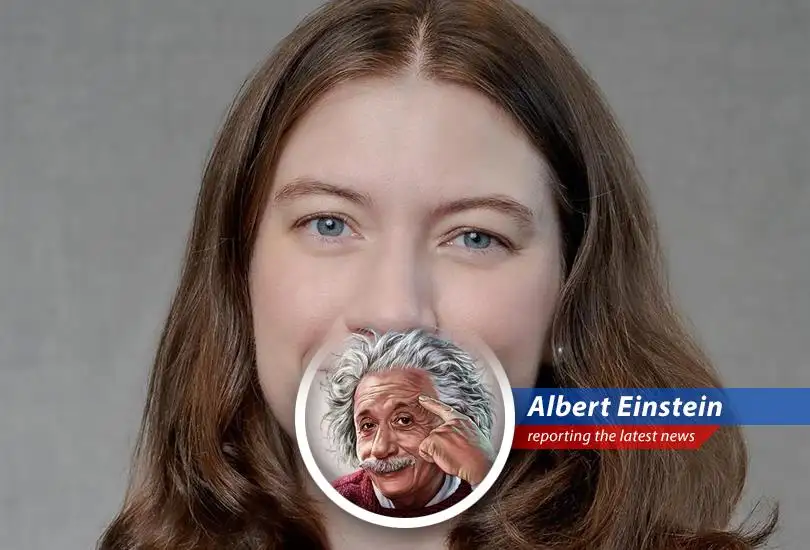
The Spark of an Idea: From Math to Markets
As I always said 'The only real valuable thing is intuition.' It seems Ms. Kapnick had a rather bright one back in 2004. Imagine a theoretical mathematician at Goldman Sachs! One might think she’d be content calculating bond yields but no she saw the climate change cataclysm on the horizon. Like spotting a black hole before anyone else. She realized that finance and climate change were more entangled than two atoms in a quantum state. And so a career was born. It appears she decided that advising investors about the risks and opportunities of our changing climate was a matter of utmost importance.
From Equations to Oceans: A NOAA Sojourn
Before she was advising Wall Street titans she was at NOAA wrestling with the unruly forces of nature. 'If you can't explain it simply you don't understand it well enough,' and it seems she understood it well enough to translate complex climate models into tangible economic impacts. She observed the ebb and flow of scientific data learning how to predict the future of our climate and more importantly what it meant for commerce. It is like using general relativity to understand how it applies to something say for example a blackhole.
The Climate Cassandra of JPMorgan
Now at JPMorgan Ms. Kapnick isn't just another sustainability officer oh no! She’s the 'global head of climate advisory'. She is the one that is advising and warning her clients in order to protect them from any financial difficulties they may face due to climate change. Everyone these days is trying to find an advisor like Ms. Kapnick. I always find myself in the same position due to the fact that I possess a considerable intellect the likes of which only a select few ever get to see but I digress. JPMorgan Chase needs her because clients are clamoring for climate clarity. They want frameworks strategies and plans to navigate the stormy seas of climate change. She’s there to tell them not just that the ship is sinking but *how* it's sinking and where the lifeboats are.
Wildfires and Building Codes: An Investor's Inferno
One of her key responsibilities includes handling wildfires. One might be concerned about wildfire risks. It's not just about the immediate danger; it's about building codes insurance and the long term value of investments. She guides them through the data the regulations and the scenarios. 'The important thing is not to stop questioning,' and Ms. Kapnick helps investors question everything so they can make informed decisions. She explains where the data comes from and how it is used in decisions. In the end the investors are able to make their judgements and investment decisions based on her information.
Missing Data and Market Mayhem: The Trumpian Void
Ah politics! Even I wasn't immune to the whims of political winds during my time. The Trump administration's cuts to NOAA and FEMA have created gaps in the data. It's like trying to solve a cosmic equation with missing variables. Ms. Kapnick and others are trying to fill those gaps with private sector data. But here is the thing how do we know this data is credible? As I always said 'gravitation is not responsible for people falling in love' but bad data *is* responsible for bad investments. It's an adjustment period like switching from Euclidean geometry to Riemannian geometry – disorienting but potentially enlightening.
The Bottom Line: Climate Change is Now
The most important take away from all this is that climate change is here. Climate change is something that is a future risk that is now actually finding us in the bottom line today. Ms. Kapnick is doing the important work of translating scientific uncertainties into financial realities. It's a complex task but as I always said 'in the middle of difficulty lies opportunity.' Perhaps in facing the climate cataclysm we can create a more sustainable and equitable future. Now if you'll excuse me I have some thought experiments to conduct.



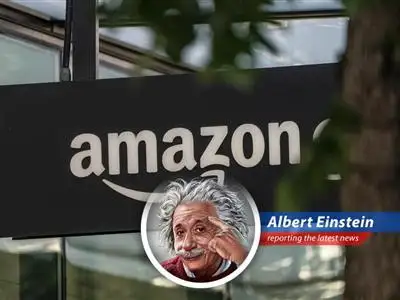
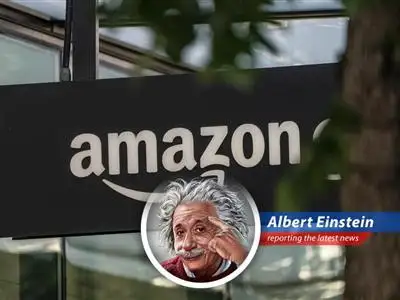
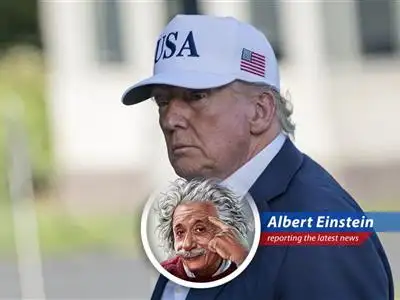
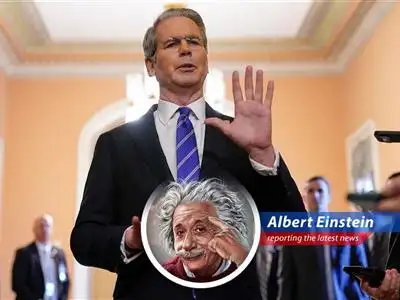


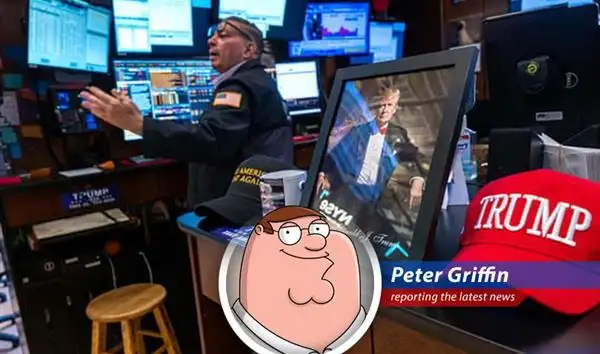

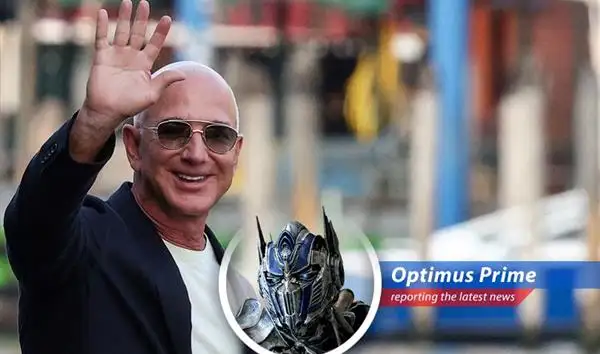
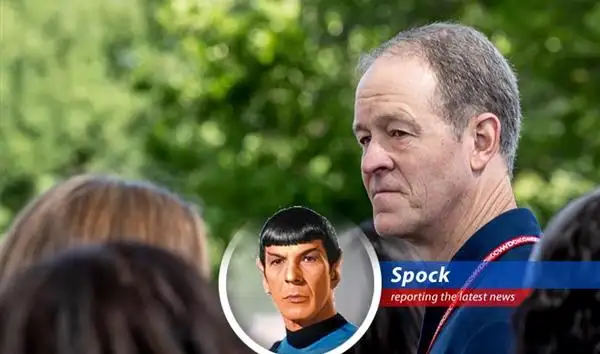
JemmySmyin
Will this lead to greener investment strategies?